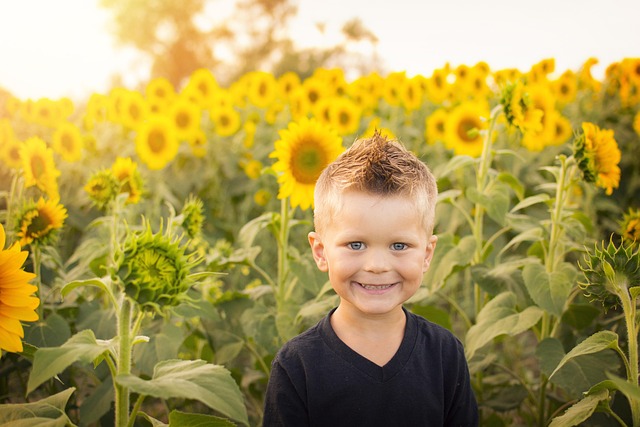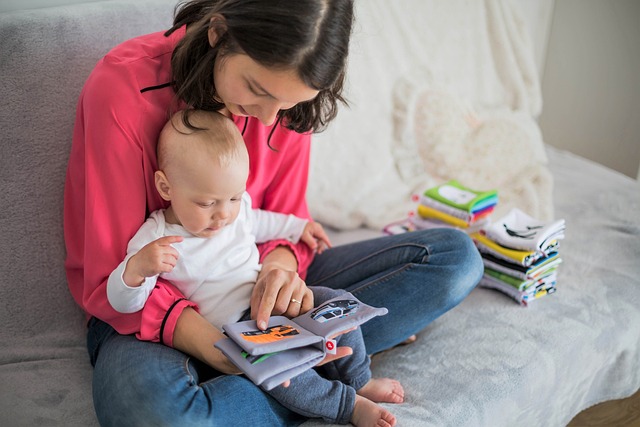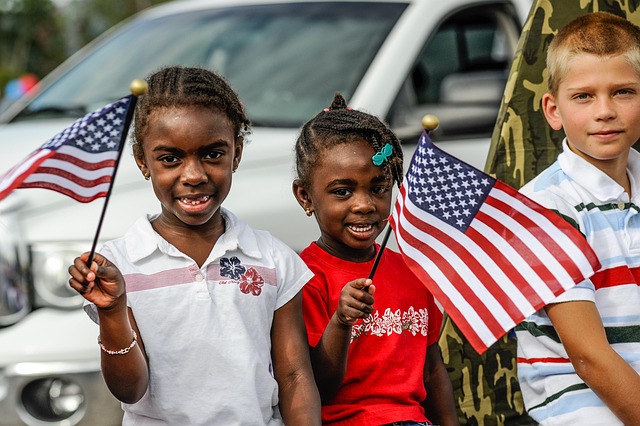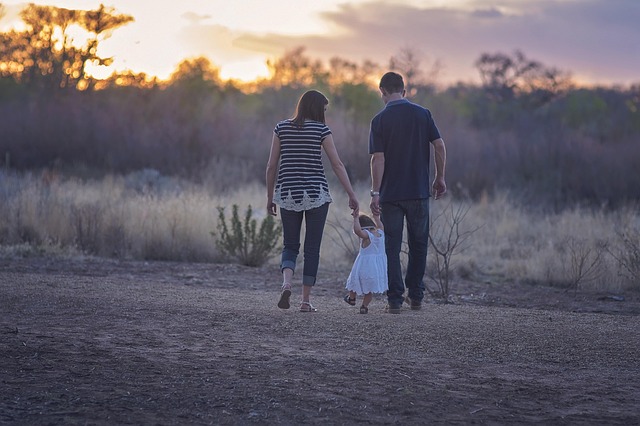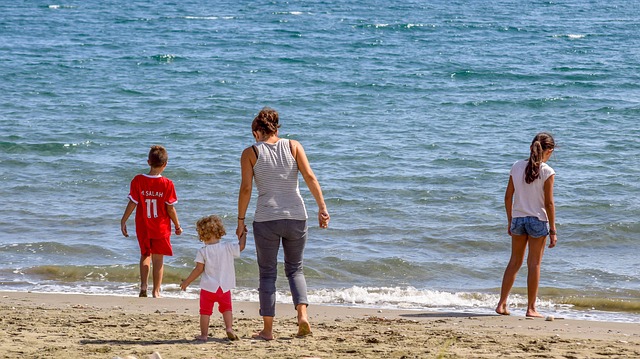
Building Vocabulary at the Beach
The beach can be the perfect time to soak up the sun and build language! A trip to the beach can be a fun and easy way to introduce new words in a natural setting. Whether your child is digging in the sand, watching the waves, or eating a popsicle, there are so many chances to model new vocabulary words and expand language. Try describing textures (smooth, rough, wet, sticky), actions (scoop, splash, dig, float), and categories (animals, clothes, food, tools). You don’t need flashcards—just talk about what you see and do! This helps your child connect words to real experiences. Narrate your actions, repeat key words, and describe what your child is doing too. For example, talk


